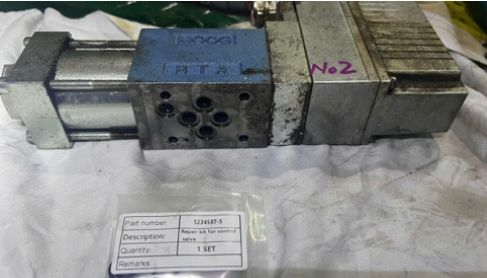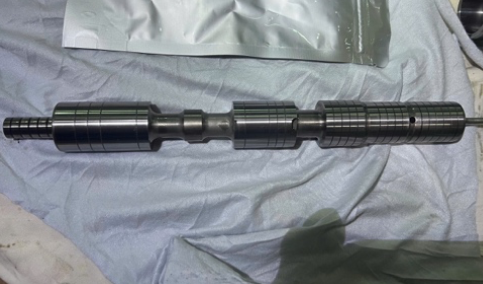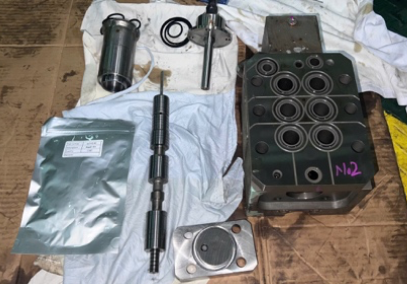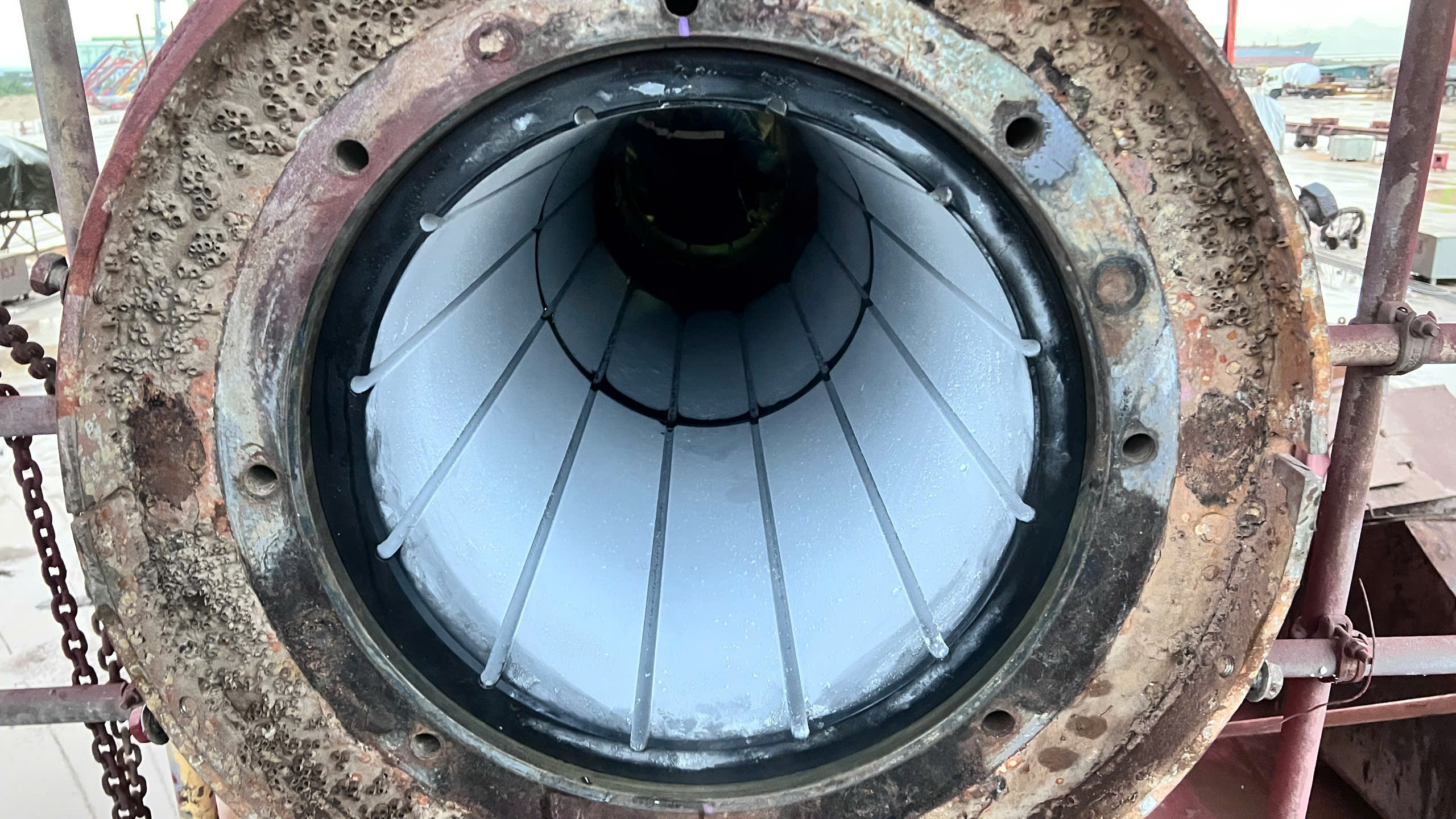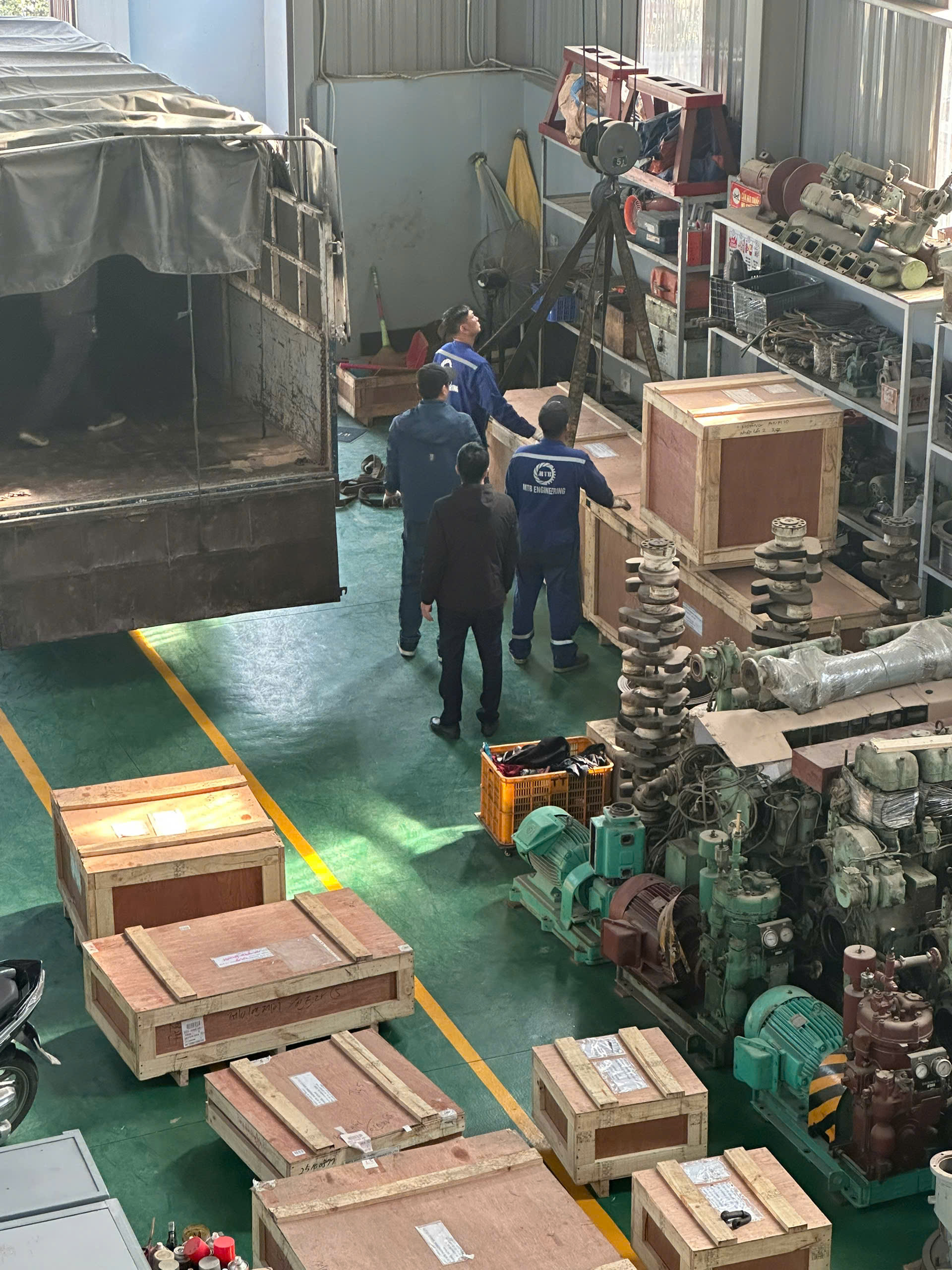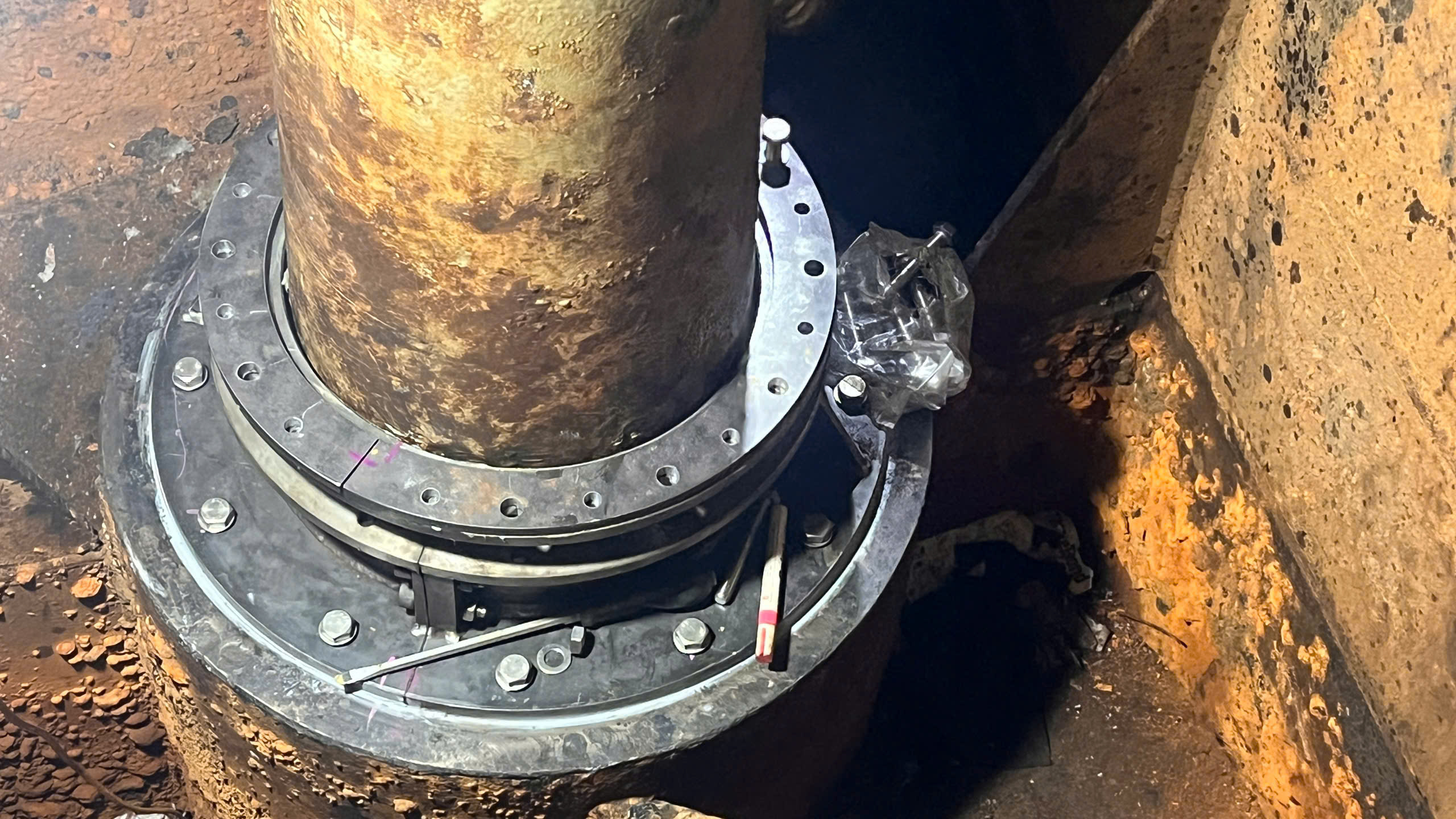ELFI (FIVA) VALVE OVERHAUL

1. Initial Inspection and Assessment
MTB received an ELFI (FIVA) valve unit from a shipowner, reporting issues such as unstable engine operation, increased fuel consumption, and vibrations at certain load conditions.
Following preliminary technical discussion and basic diagnostics, MTB engineers suspected malfunction or internal leakage within the ELFI valve.
The ELFI (FIVA) valve is a controlled actuator, playing a key role in regulating fuel injection and/or exhaust gas flow in low-speed diesel engines. It operates via a pilot control mechanism, enabling high-precision fuel timing, reduced consumption and emissions, and improved engine performance stability.
2. Disassembly and Detailed Inspection
The valve was completely disassembled on boad under strict cleanliness control.
Inspection steps included:
- Cleaning of all valve components
- Leak testing at sealing points
- Measurement of clearances, plunger stroke, and return spring conditions
- Wear check of the plunger, sleeve, pilot valve, and contact surfaces
- Testing of integrated sensors and electronic connectors (if applicable)
3. Maintenance and Component Replacement
After inspection, several components such as O-rings, return springs, and bushings were found to be worn and were replaced. Sliding surfaces were cleaned, polished, and lubricated with high-grade grease. The valve was then reassembled using torque values specified by the technical documents.
4. Functional Testing
Post-assembly, the ELFI valve underwent a full function test to simulate actual engine conditions:
- Response check to pilot signal inputs
- Measurement of actuation timing, stroke accuracy, and leak tightness
- Long-cycle stability and consistency evaluation
The valve passed all technical requirements, with no leakage or delayed response observed.
5. Conclusion
The overhaul and maintenance procedure carried out at MTB successfully restored the ELFI (FIVA) valve to full working condition, ensuring optimal performance in the engine’s fuel system.
The customer appreciated the professional service and committed to continuing cooperation with MTB for future maintenance needs.
